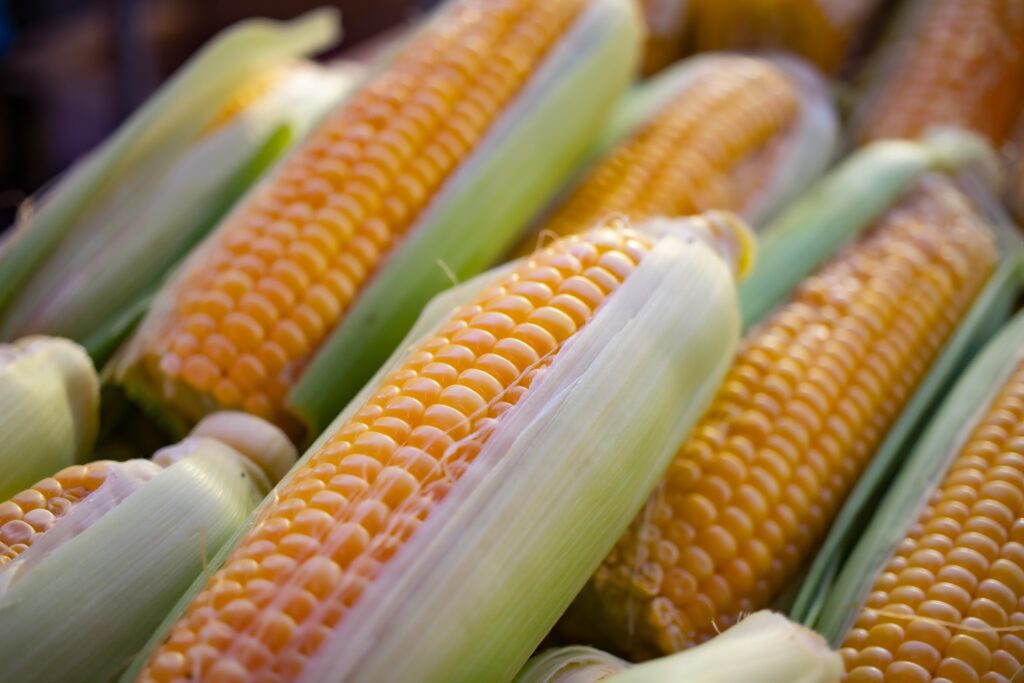A new economic impact report shows Mexico’s looming ban on GM corn and agricultural biotechnology policy will harm economies on both sides of the U.S.-Mexican border and worsen food security for Mexico’s citizens just as inflation and strained supply chains are impacting consumers around the world.
“The proposed ban will force North American grain handling systems into two streams (GM and non-GM corn), an approach that is costlier, disincentivizes innovation and subjects supply chains to greater volatility,” finds the report, prepared by World Perspectives Inc. for CropLife International.
Under the ban, Mexico will pay more for corn imports—to the tune of an additional $4.4 billion over the next 10 years. Prices for corn tortillas would rise 30% in the first year of the ban and 42% the second year, worsening food security and reducing consumer spending across Mexico’s economy.


This translates to the loss of 138,000 jobs and a likely $4.3 billion reduction in Mexico’s GDP. In the U.S., economic output declines by $16.5 billion and GDP shrinks by $7.95 billion.
What does Mexico have to gain from the ban on GM corn?
On December 31, 2020, Mexico’s President Andrés Manuel Lopez Obrador announced the country would end the import of genetically modified (GM) corn for human consumption by 2024.
Mexico was the United States’ largest export market for corn until 2021, when China took the top spot. Mexico still accounts for nearly a quarter of U.S corn exports.
What does Mexico have to gain from the ban? Not much, according to the report.
Mexico’s decision brings “little or no value creation as a direct result of the new policy,” says the report. Furthermore, the ban “acts as a trade protectionist measure” against farmers in the U.S. and other exporting countries.
“The answer is simple: without something intrinsic in the process that will add value, the corn marketing chain will eventually pass along the costs to consumers, both in the U.S. and Mexico,” explains the report.
The long-term impacts of the GM corn ban
Global corn stock-to-use ratios have tightened in recent years on growing demand from China, adverse weather in major corn growing countries, disruption to Ukraine’s supply chain due to its war with Russia, and now soaring costs for fertilizer and other production inputs (hello, energy prices!), according to S&P Global Commodity Insights.
In addition, Mexico’s livestock producers will pay sharply higher prices for feed, if—and it’s a big “if”—they can replace the lost U.S. products now used for feed.
While the availability and cost of replacement feed products is beyond the scope of the WPI study, it concludes that “Mexico is already a higher-cost producer of pork and poultry than the U.S.,” and Mexico’s livestock producers will see declining profits.
“Mexico’s food security will suffer and the country will likely become more reliant on meat, dairy, and poultry imports,” it says.
The next steps
BIO has urged the Biden administration to assert pressure on Mexico to reverse its decision to phase out GM corn imports and return to timely and science-based risk assessments of biotech traits for agricultural products, consistent with its international obligations.
Earlier this spring, U.S. Trade Representative Ambassador Katherine Tai indicated the U.S. could pursue dispute resolution under the U.S.-Mexico-Canada Agreement if Mexico fails to resolve this issue.




